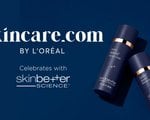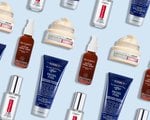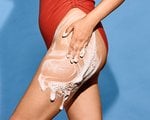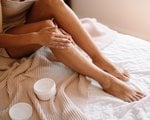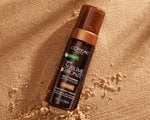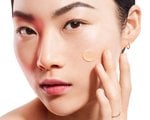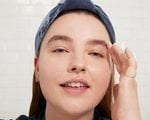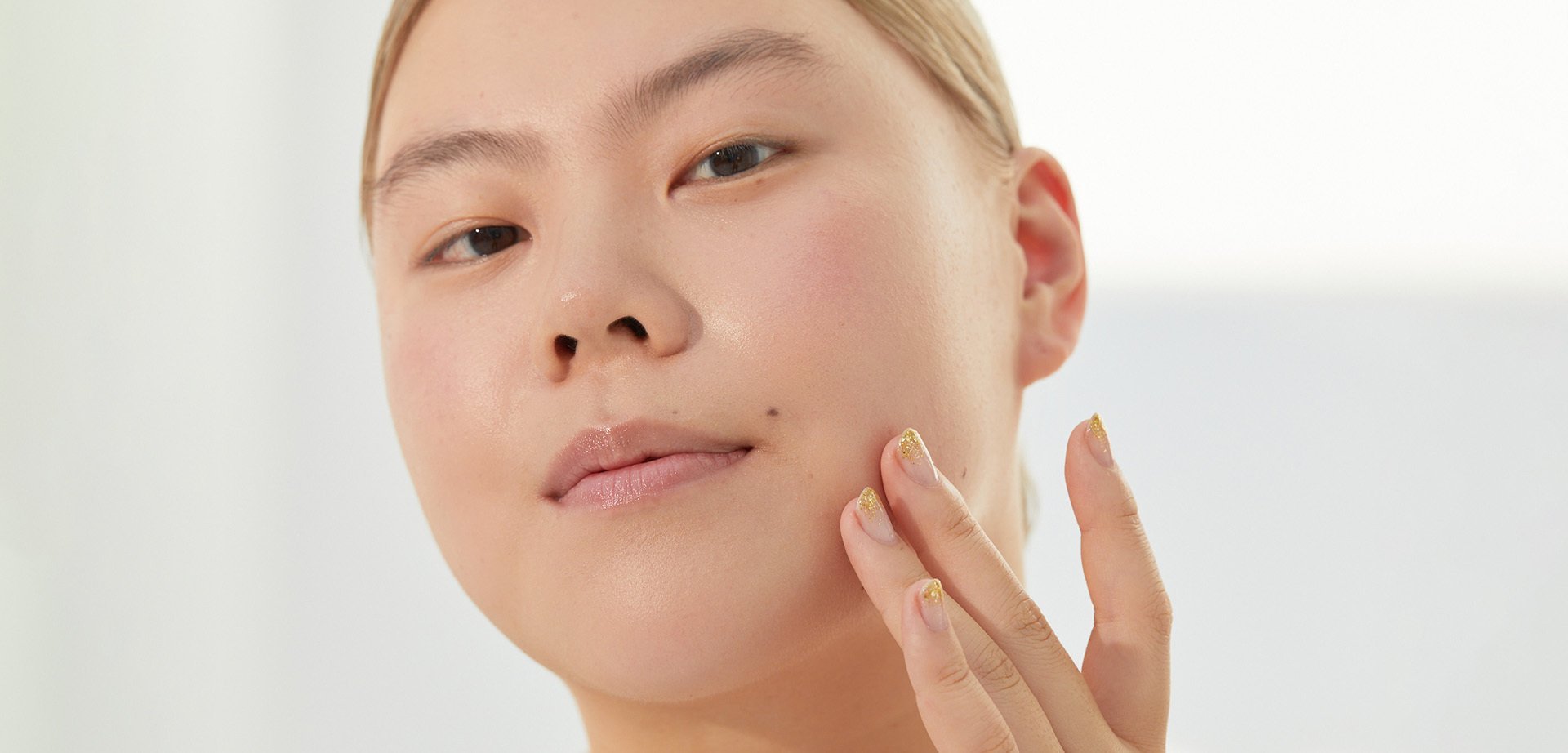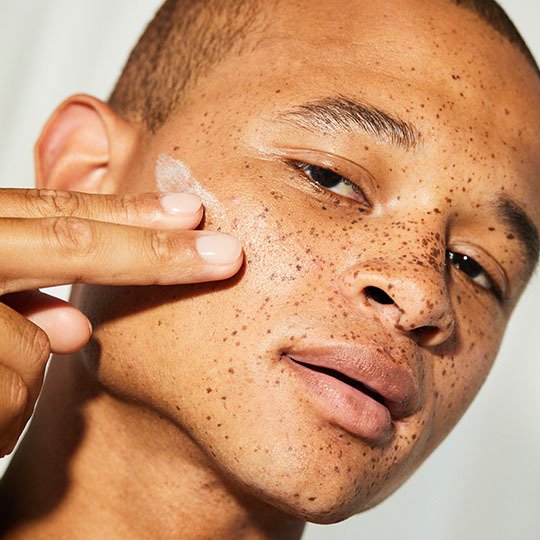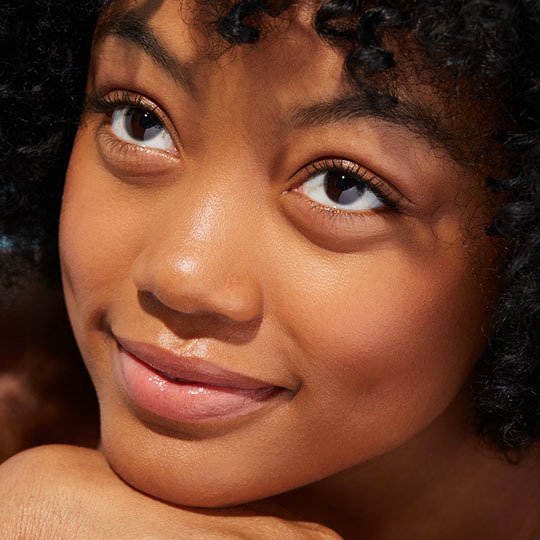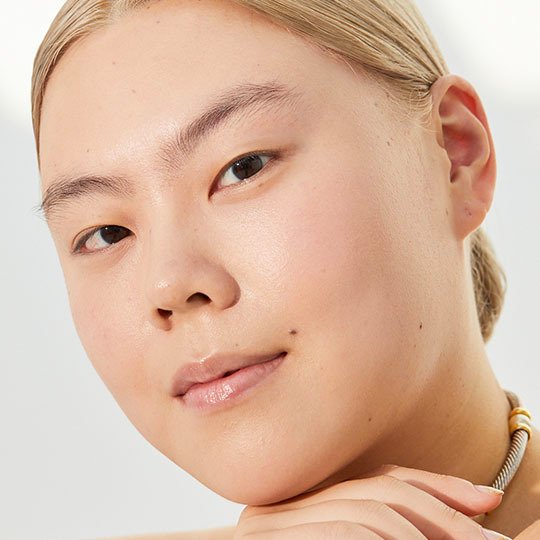ICYMI: Dr. Josh Zeichner Answers Your Questions About Acne
November 17, 2017
In case you missed it, on Wednesday, November 15, NYC board-certified dermatologist and acne expert, Dr. Josh Zeichner, partnered with La Roche-Posay for an hour-long Reddit AMA ("Ask Me Anything") on acne. During the online discussion Reddit users asked Dr. Zeichner their top acne questions—from how to best tackle breakouts to whether or not acne could affect those with dry skin—and below we're recapping some of the highlights.
Dr. Zeichner kicked things off by explaining how acne is a condition that affects 40 million Americans every year, with a growing number of those affected being women. His goal during the chat? To clear some of the confusion around what causes acne and the best ways to treat it.
Is It Possible to See Acne Later in Life?
Although acne is most often associated with teenage skin, one user asked if it was possible to see acne develop later in someone's life. Dr. Zeichner's answer? "Yes. Especially in women, it is becoming increasingly common to break out for first time in your 20s, 30s, or even 40s. Most of the adult women I see for acne are in their 20s and 30s."
Learn more about adult acne.
Dealing With Hormonal Acne
Hormonal fluctuations are a main trigger for breakouts. This type of acne, called hormonal acne, may affect you during three major times in your life: during puberty, before your period, and during pregnancy. When asked about some ways to combat hormonal acne, Dr. Zeichner says, "Over-the-counter, ingredients like salicylic acid can help remove excess oil and benzoyl peroxide can kill acne-causing bacteria." For stronger options—including Rx topicals and oral medications—he recommends visiting your dermatologist to discuss your personalized action plan.
Best Products to Help With Acne
Obviously one of the most common request during the AMA was for product recommendations. Since Dr. Zeichner was partnered with La Roche-Posay for the chat, he clearly shared some of the brand's products when asked for his top picks. "[La Roche-Posay] make variety of excellent acne treatment products including Effaclar Duo, which you can get from your local drugstore," he says.
Read our review of Effaclar Duo.
Acne and Dry Skin Types
A common misconception about acne is that it only plagues those with oily skin. Wrong. Those with dry skin can experience acne as well. "Skin oil and acne is a separate issue from skin hydration," explains Dr. Zeichner. "It is very common, especially in adult women to both be acne prone but dry. Also acne medications may dry out the skin. I recommend applying an oil free moisturizer to the face in combination with you acne medications."
Oily Skin and Cold Climates
One user during the chat explained to Dr. Zeichner that they had oily skin but lived in a cold climate. They wanted to know what products or ingredients they should be using on their skin. "It is important to take care of your skin barrier as you are treating your acne," Dr. Zeichner explains. "Cold, dry weather can take a toll on your skin leading to dryness and irritation, which ultimately can lead to inflammation and make treating acne more difficult. An oil free moisturizer is great to use in combination with your acne treatments."
Getting Rid of Acne Scars
For many of us, long after a pimple is gone a mark still remains on our skin. One user asks, "How to get rid of red acne scars and brown pigments? What’s the best treatment?" Interestingly enough, Dr. Zechnier explains that scar may not be the right word here. "Red and brown blotches are not in fact scars but rather stains in the skin from previous acne," he shares. "The red blotches are known as persistent erythema. It is like the main fire is out, but you still have glowing embers in the skin. So it is important to keep treating the full face with your acne treatment so they continue to resolve. The brown spots are known as post-inflammatory hyperpigmentation. In response to inflammation, your body revs up pigment production which sticks around for months even after the pimple has gone away. Skin lightening ingredients like vitamin C and niacinamide are helpful. Exfoliating ingredients like salicylic acid and lipohydroxy acid are also helpful in promoting cell turnover to shed those pigment containing cells."
If you do have scars, however, he did have some advice. "Acne scars are raised or depressed bumps on the skin where acne used to be," he shares. "Mildly depressed scars may be improved using ingredients like salicylic or lipohdroxy acids as well as topical retinoids. More severe scars may need to be treated by your dermatologist in the office with a procedure like a peel or a laser. Brown spots and red spots tend to fade on their own. Brown spots can be healed up quicker using ingredients like vitamin C or niacinamide which have brightening properties."
The Connection Between Food and Acne
The old wives tales that chocolate and greasy foods cause acne are just that, tales. But, there is in fact a connection between some foods and the appearance of acne blemishes according to Dr. Zeichner. When asked what foods should be avoided, he responded: "The foods that have been associated with acne include sugary and starchy foods that raise your blood sugar, cow's milk, particularly skim milk, and whey protein." While not directly saying to avoid these foods, he did acknowledge that there may be some connection.
Learn more about the connection between skim milk and acne.
The Connection Between Acne and Pollution
We're now aware that our surroundings can have a profound impact on the look and feel of our skin. One such environmental surrounding that can do a number on your complexion? Pollution. So it's no wonder one user asked " Do you notice any correlation between the more polluted areas of NYC and a higher concentration of breakouts?" Dr. Zeichner shared that the scientists at La Roche-Posay have identified a correlation between air pollution and the rate of oil production and breakouts on our skin.
Learn more about acne and pollution.
Best Acne Treatments
You can imagine, aside from asking about the best products for acne many users during the AMA asked about the best treatments for acne. "Acne treatment depends on your type of pimples," explains Dr. Zeichner. "Over-the-counter you can try ingredients like salicylic or lipohydroxy acids, which help remove excess oil from the skin and exfoliate dead cells from the skin's surface. Benzoyl peroxide kills acne-causing bacteria on the skin to reduce inflammation and clear up breakouts. If these are not working after 2 -4 weeks make sure to visit a board certified dermatologist for evaluation and a personalized prescription regimen.
What about back and chest acne? "You can treat acne off the face (eg. neck and chest) just as you treat acne on the face," he says. "The same types of ingredients, like salicylic acid and benzoyl peroxide are useful for acne off the face. You just need to be careful as skin on the neck and upper chest may be sensitive. Also, [benzoyl peroxide] can bleach your fabrics so wear a white T-shirt and sleep on a white pillow case and make sure to wash off the product the next morning before putting on your favorite dark shirt."
Interested in reading more? The full chat can be accessed here.



